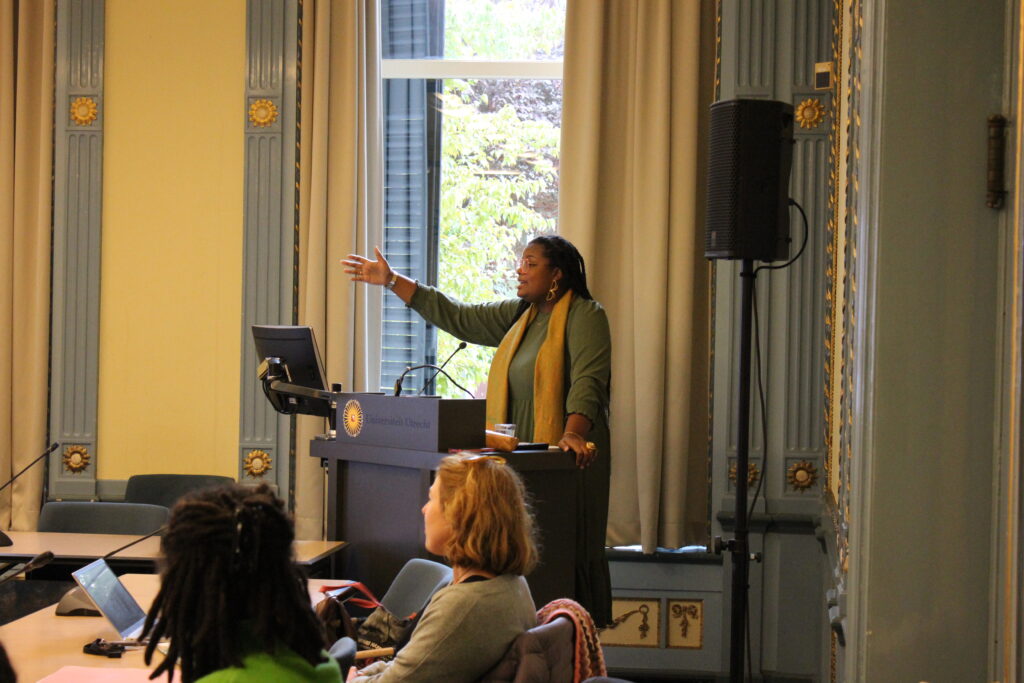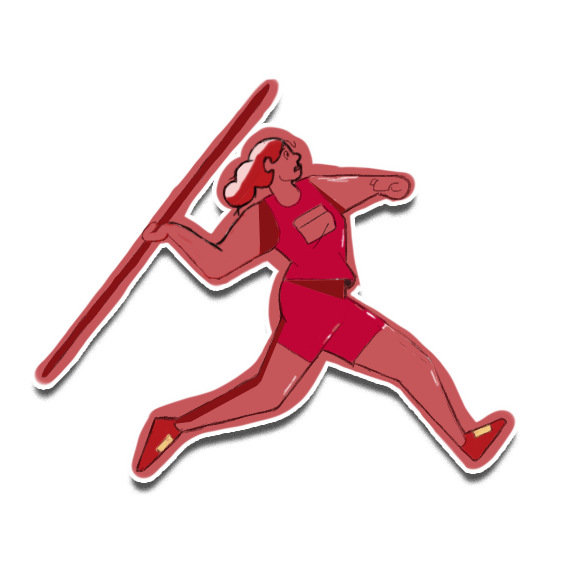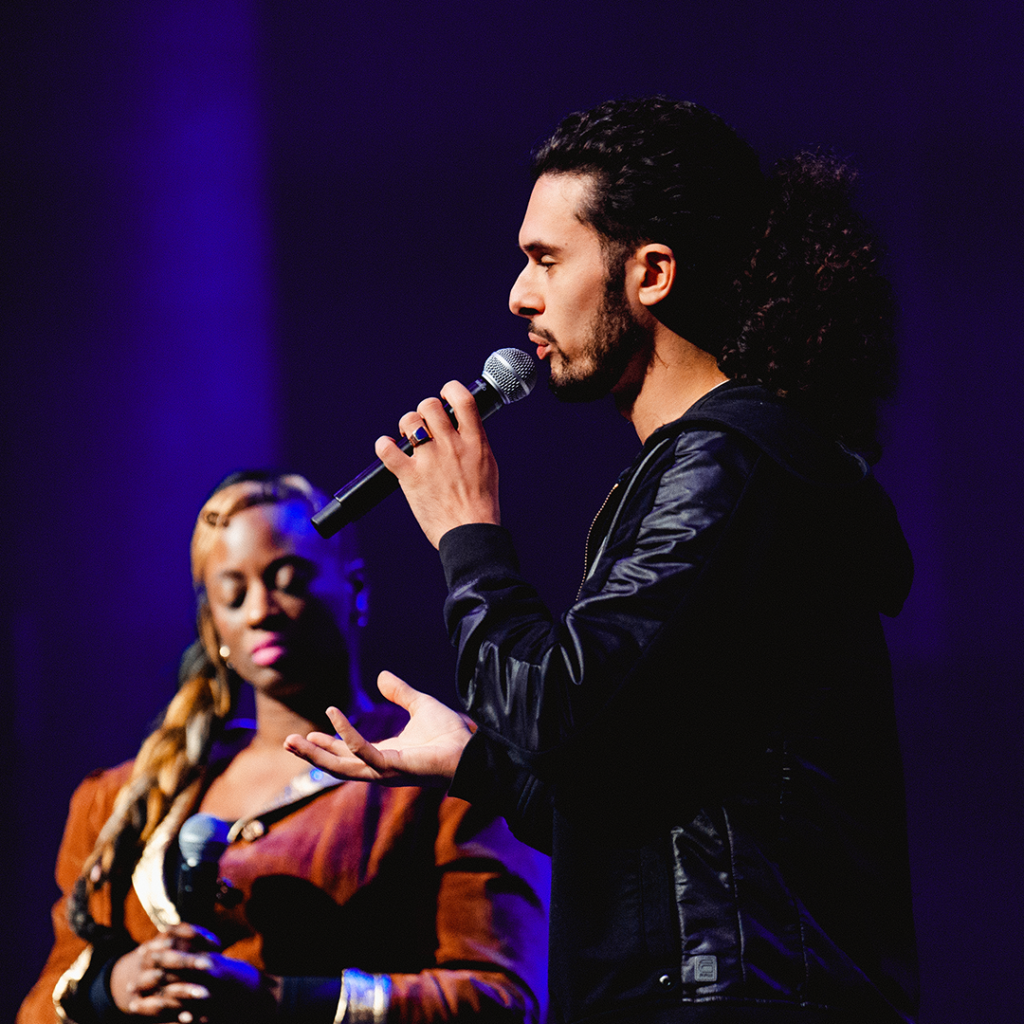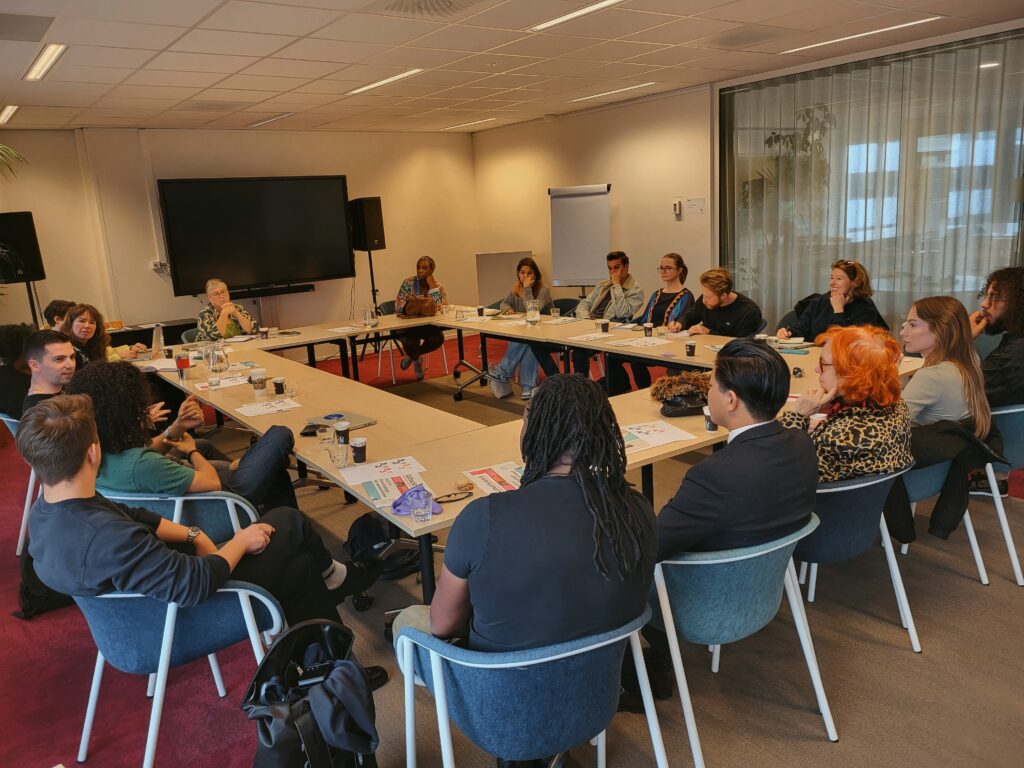Our Research
Re/Presenting Europe seeks to acknowledge the representation of diverse, often excluded, groups in an attempt of accurate knowledge production about diversity of Dutch and European people
Our Project
There’s a widespread lack of knowledge about the rich history of black, non-white, and marginalized communities in the Netherlands. This is worsened by stereotyping in dominant representations and a lack of recognition of their contributions to European culture. We aim to showcase the role minorities have played in shaping a diverse Europe. By including naturalized economic migrants, refugees, and their descendants in representations of Dutch identity, we can reveal the complexity of our histories. Dutch identity tensions are intertwined with broader European and postcolonial processes. While there’s increasing acknowledgment of slavery and colonialism’s legacies in Europe, we’re now positioned to study the contributions of postcolonial, black, and historically marginalized populations to Dutch and European culture and society.



Theme’s
The project encompasses five primary research areas: education, sports, urban arts, healing, and braided solidarities. Education, sports, and urban arts are focal points of representation, while healing confronts colonial remnants and their societal impact. Braided solidarities aim to synthesize and compare findings across all research domains, analyzing and shaping representations of Dutch and European identity within education, sports, and urban arts. This analysis seeks to enhance social cohesion and resilience by understanding past and present representations to inform future societal processes. Our overarching goal is to explore the intricate and multifaceted nature of Dutch and European identities within dominant societal frameworks, addressing past shortcomings and providing accurate depictions of the diverse reality in the Netherlands and Europe.
Community Partners
To achieve our goal of strengthening the representations of who is Dutch, who is European and thus, who belongs, we are working together with various community partners. For the project to be impactful and change the normative practices of inclusion and exclusion, it is important for the community to play an active role in the research.



